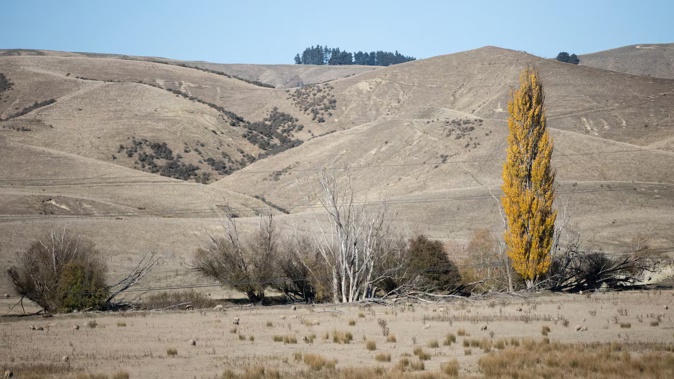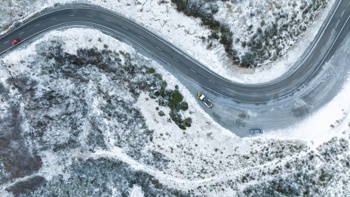
Federated Farmers says its leaders applaud the Government’s decision today to extend drought support to Canterbury and Otago.
The medium-scale adverse event classification for the Marlborough, Nelson, and Tasman districts, which was put in place on March 14, now also covers the Canterbury and Otago regions.
Federated Farmers’ North Otago president Myfanwy Alexander said it was “great news”.
“There are inland parts of Otago and South Canterbury that have had barely 15mm of rain since January 1, and that’s been spread out in dribs and drabs of a few millimetres.
“Basically, if you’re out past Duntroon and you don’t have irrigation touching the ground, your grass is dead.”
In areas such as Otematata, Hakataramea, Twizel and out over the Lindis Pass, farmers have de-stocked and some have had to use winter feed to help sustain remaining livestock on-farm.
“What’s more, crops put in the ground for winter feed are stressed under these drought conditions,” Alexander said.
“Yields will be massively back if they’re there at all.”
The medium-scale adverse event classification means drought-hit farmers struggling financially will be able to defer tax payments and enables the Ministry of Social Development to consider rural assistance payments.
The Government has also provided $70,000 to Rural Support Trusts in North, Mid, and South Canterbury and Otago to facilitate community and one-on-one support.
Federated Farmers North Canterbury president Karl Dean said dryland farmers in inland areas and up into the Hurunui and Cheviot have been affected.
“They’re used to farming in dry conditions but it has been challenging.
“If we don’t get some rain and see that autumn flush, winter and spring will be difficult.”
While the ability to defer tax was useful, that “implies the farmers have made some money,” Dean said.
For many sheep and beef farmers at present, there’s no profit.
Alexander also worried about the flow-on effects of the very dry conditions and de-stocking.
For example, shearers would have less work moving forward and local economies would also suffer, with farmers cutting all but essential spending.
Take your Radio, Podcasts and Music with you









